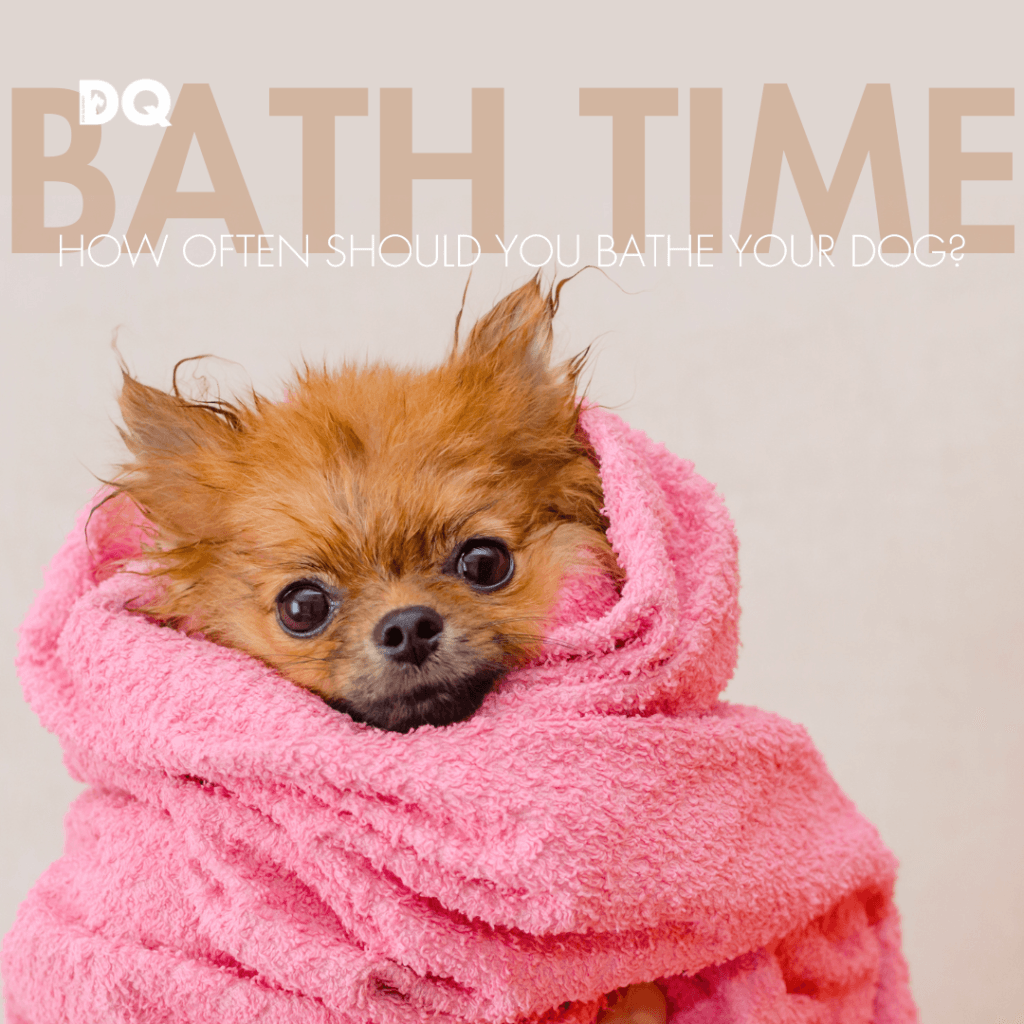Bringing a dog into your life is an incredible adventure, but one that comes with real financial commitments. Whether you’re adopting a rescue or bringing home a pedigree pup, it’s important to know what you’ll be spending, not just in the first year but throughout their life. From food to vet visits, insurance to toys, costs can add up quickly. Here’s a breakdown of what South African pet owners can realistically expect in 2025.
First-year expenses: the big investment
Starting out with a new puppy brings a bundle of costs, not just the adoption fee! For example, typical first-year veterinary expenses like vaccinations (R3,000), routine check-ups, and parasite control amount to around R6,000 to R10,000. But be prepared, as without insurance, emergency treatments for serious illness or injury can easily add R15,000 to R25,000 in a single year.
What the average dog owner spends monthly
Here’s what pet parents in SA typically budget for in a month:
- Food: From mainstream kibble to prescription diets, expect about R450–R1,800+, depending on size and quality.
- Vet check-ups: Routine visits including vaccines average R1200 per year, or roughly R100/month.
- Worming, flea and tick control: These preventive medications cost between R100–R800 per treatment, depending on your dog’s size and the products used.
- Pet insurance: Impromptu medical expenses can be high, and while only 1% of SA dogs are insured, it’s an option worth exploring. Basic cover plans start at around R190/month, rising to about R1800/month for extensive protection.
- Toys and supplies: Budget R250+ per month for treats, toys, leads, and hygiene supplies.
Estimated monthly total: R600–R3,000, with costs varying by pet size, health, and care level.
Life stage matters
It’s worth remembering that puppies and senior dogs are often more expensive than healthy adults.
- Puppies need extra veterinary care in the first year, including multiple vaccinations, parasite treatments, and sterilisation. Plus, new owners have to pay all the one-off costs like bowls, bedding, leads, and training classes.
- Senior dogs may need more frequent vet visits, prescription diets, supplements for joints, or long-term medication for chronic illnesses like arthritis, diabetes, or heart disease.
Adult dogs in their prime are generally less expensive to maintain, but emergencies can happen at any age. Factoring life stage into your budget will help you plan more realistically for the full journey, but know that every dog’s trajectory is different.
Emergency and unexpected costs
Illnesses and accidents are when bills can skyrocket. Vet care for emergencies, surgeries, or serious injuries can range from R15,000 to R40,000+, depending on complexity.
Sample annual budget
| Expenses | Estimated annual cost (Rands) |
| Food | R3000 – R12,000 |
| Routine vet care | R1200 |
| Flea, tick and deworming supplies | R1200 – R2400 |
| Toys, treats and other supplies | R3000 |
| Pet insurance | R2280 – R21,600 |
| Emergency fund/pet savings | R5000 – R25,000+ |
| Total annual estimate | R15,680 – R65,200+ |
Lifetime cost snapshot
A dog’s full lifetime cost isn’t trivial. International metrics estimate a decade of canine companionship can cost anywhere from R54,000 – R650,000.
Examples from dog owners
Over on Reddit, South African pet owners shared their budgets:
- One owner with a Jack Russell tallied R1,500/month, mostly for food and vet visits.
- Another noted R1,000 on food, R500 on insurance, plus R100–R200 for toys and treats per month.
Final thoughts
Owning a dog is one of life’s greatest joys, but it comes with financial responsibility. By planning ahead, budgeting realistically, and considering pet insurance or a savings buffer, you’ll be better prepared to give your dog the best life possible — without financial stress.



